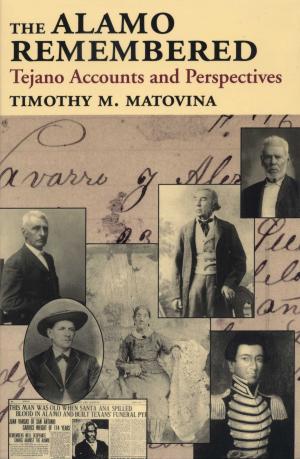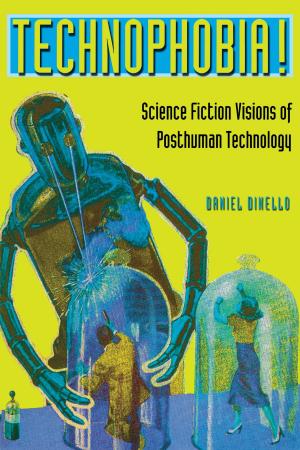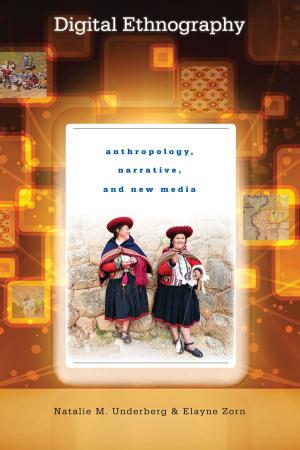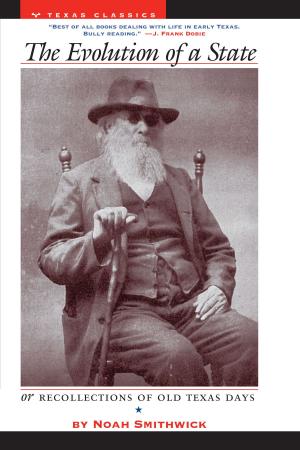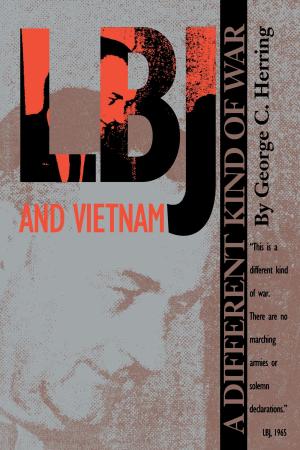Art and Answerability
Early Philosophical Essays
Fiction & Literature, Literary Theory & Criticism, Nonfiction, Religion & Spirituality, Philosophy| Author: | M. M. Bakhtin, Vadim Liapunov | ISBN: | 9780292773295 |
| Publisher: | University of Texas Press | Publication: | January 1, 2011 |
| Imprint: | University of Texas Press | Language: | English |
| Author: | M. M. Bakhtin, Vadim Liapunov |
| ISBN: | 9780292773295 |
| Publisher: | University of Texas Press |
| Publication: | January 1, 2011 |
| Imprint: | University of Texas Press |
| Language: | English |
Mikhail Bakhtin (1895-1975) is one of the preeminent figures in twentieth-century philosophical thought. Art and Answerability contains three of his early essays from the years following the Russian Revolution, when Bakhtin and other intellectuals eagerly participated in the debates, lectures, demonstrations, and manifesto writing of the period. Because they predate works that have already been translated, these essays—"Art and Answerability," "Author and Hero in Aesthetic Activity," and "The Problem of Content, Material, and Form in Verbal Art"—are essential to a comprehensive understanding of Bakhtin's later works. A superb introduction by Michael Holquist sets out the major themes and concerns of the three essays and identifies their place in the canon of Bakhtin's work and in intellectual history. The introduction, together with Vadim Liapunov's scholarly gloss, makes these essays accessible to students as well as scholars.
Mikhail Bakhtin (1895-1975) is one of the preeminent figures in twentieth-century philosophical thought. Art and Answerability contains three of his early essays from the years following the Russian Revolution, when Bakhtin and other intellectuals eagerly participated in the debates, lectures, demonstrations, and manifesto writing of the period. Because they predate works that have already been translated, these essays—"Art and Answerability," "Author and Hero in Aesthetic Activity," and "The Problem of Content, Material, and Form in Verbal Art"—are essential to a comprehensive understanding of Bakhtin's later works. A superb introduction by Michael Holquist sets out the major themes and concerns of the three essays and identifies their place in the canon of Bakhtin's work and in intellectual history. The introduction, together with Vadim Liapunov's scholarly gloss, makes these essays accessible to students as well as scholars.


